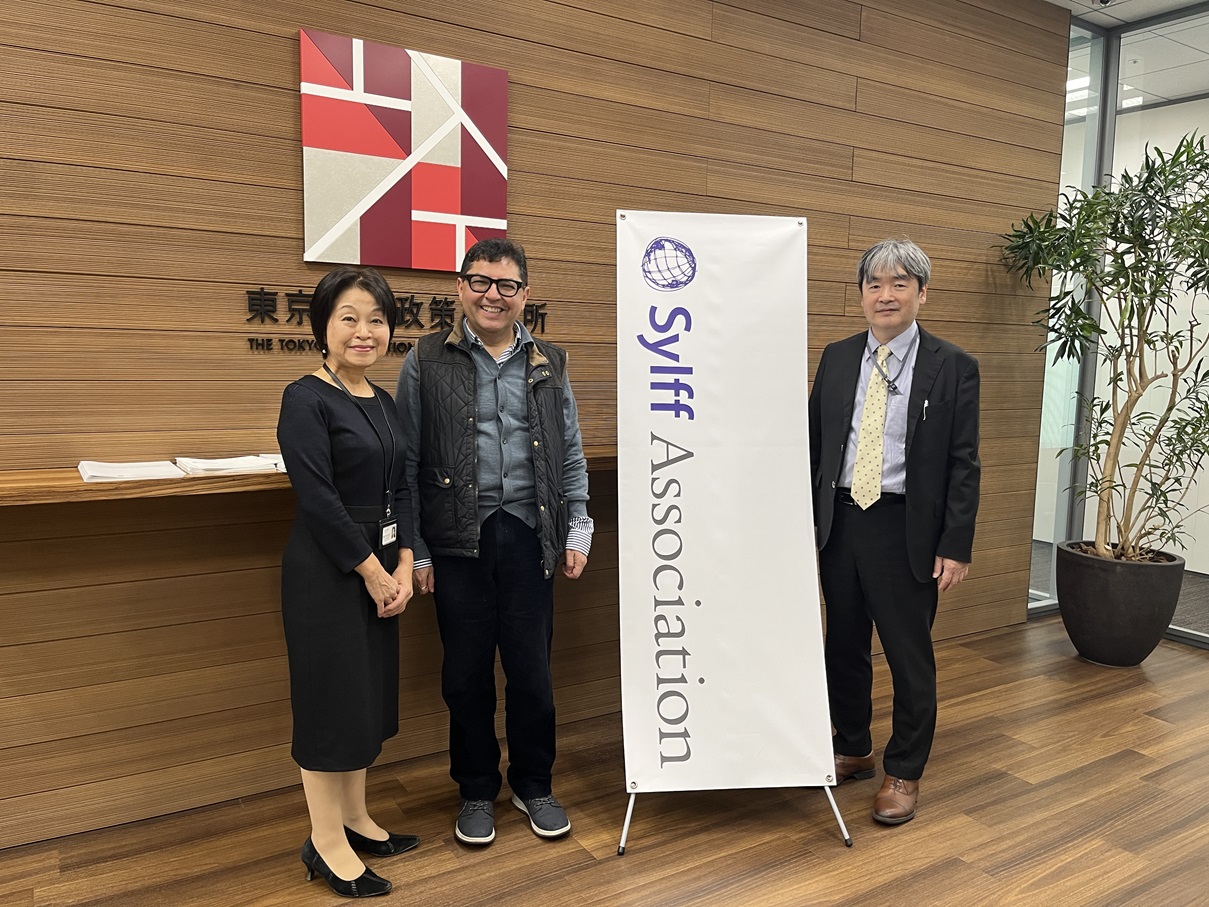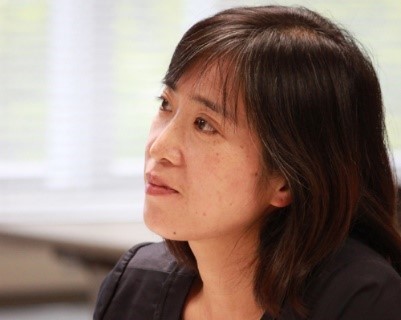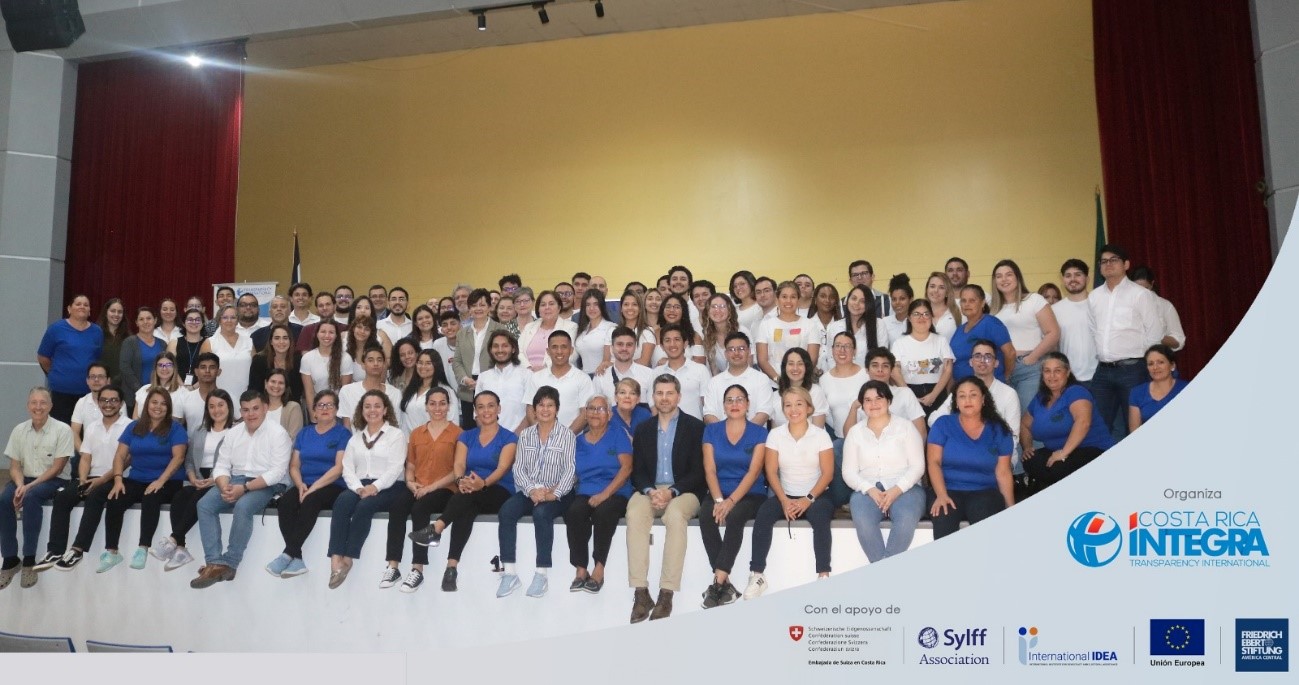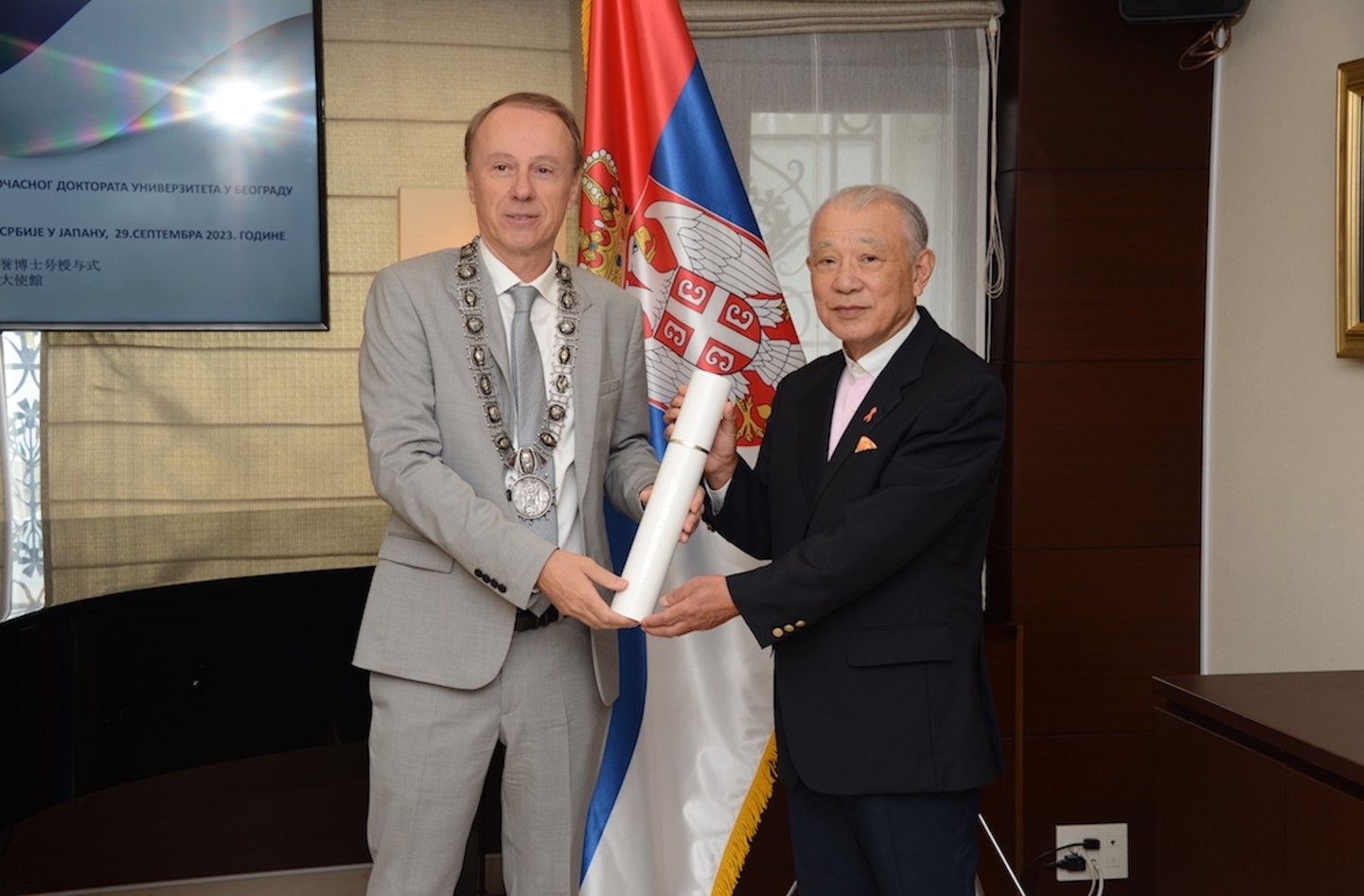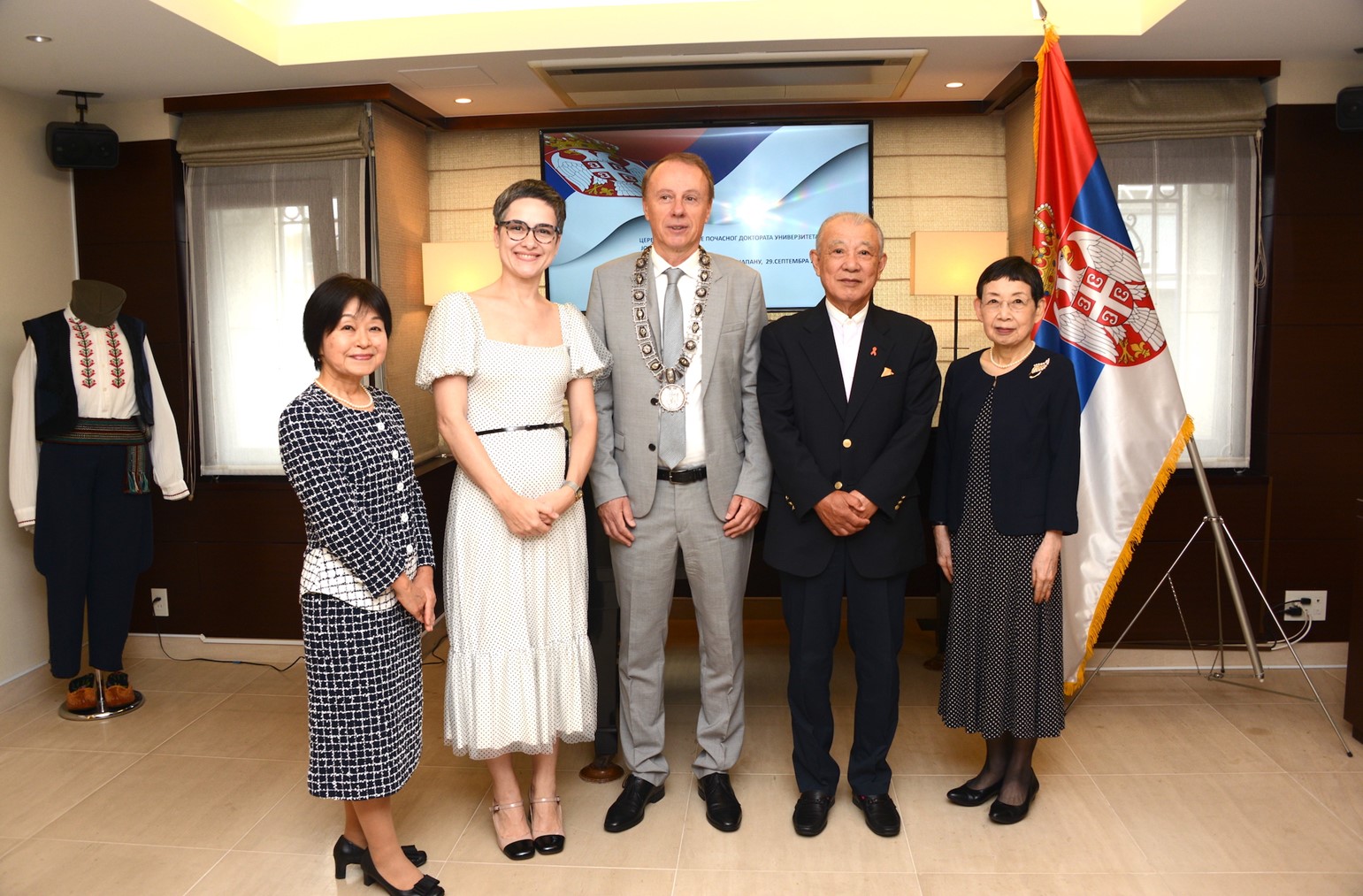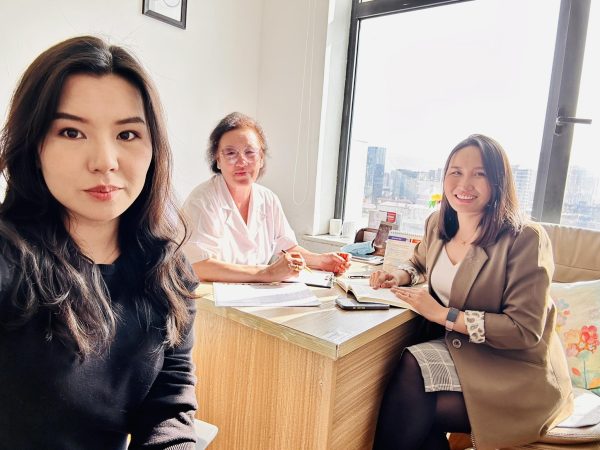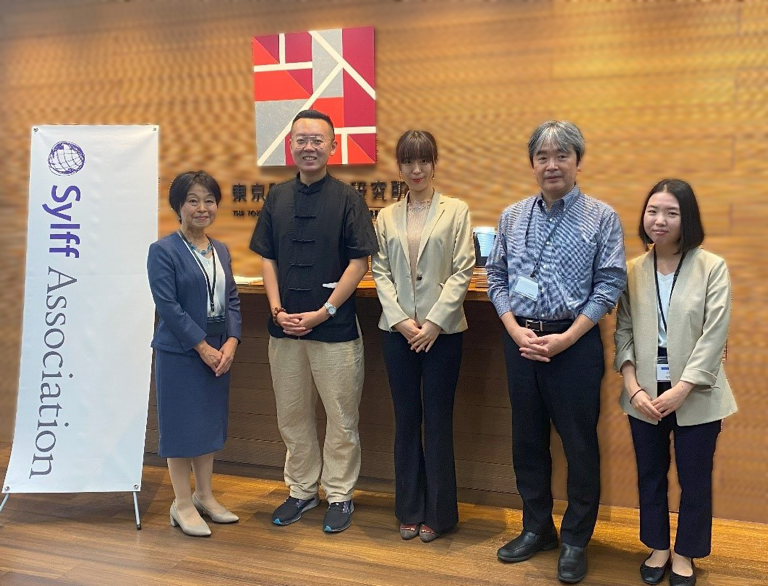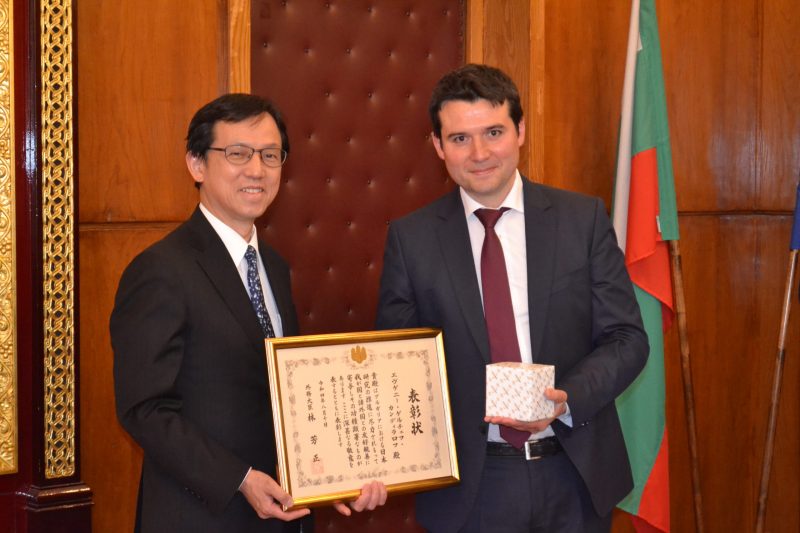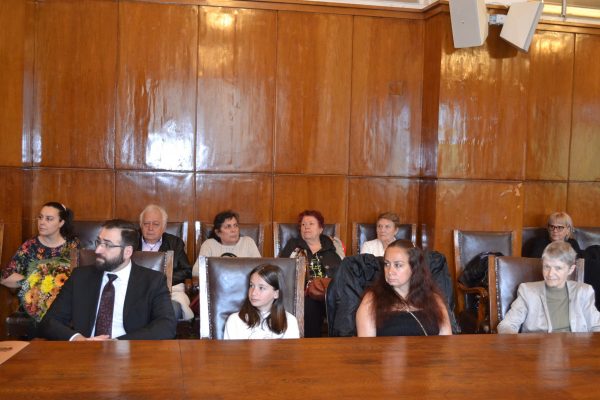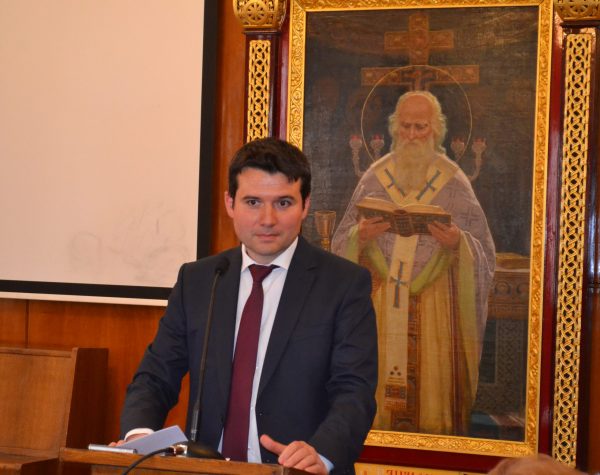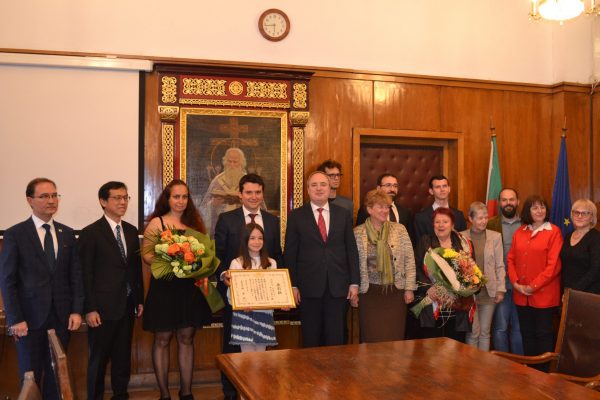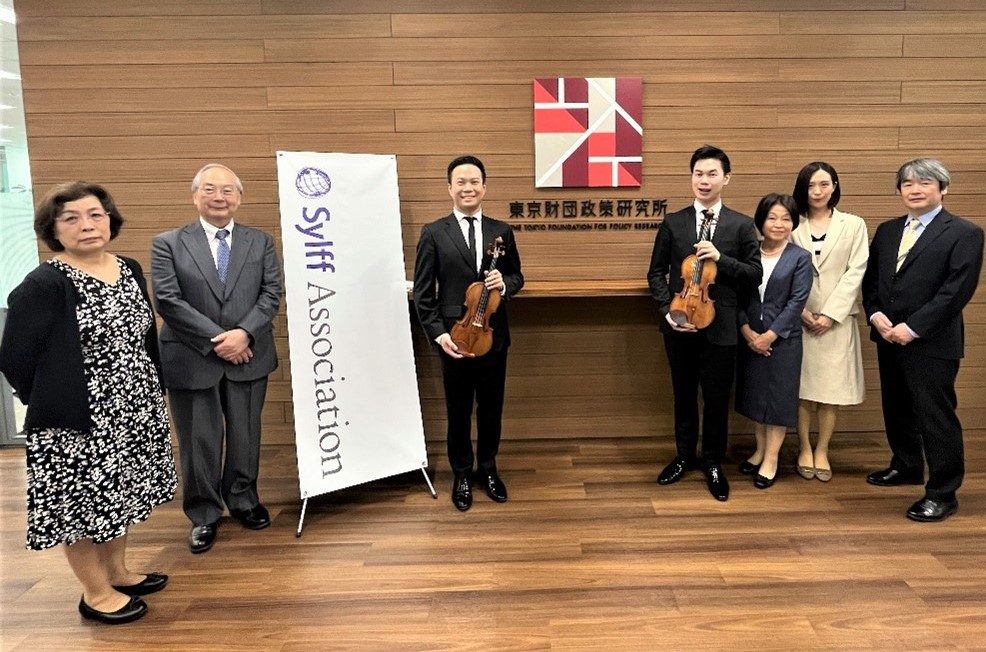Jagiellonian University in Kraków, Poland, celebrated the 30th anniversary of its Sylff Program with a ceremony on October 25, held in the historic Assembly Hall of Collegium Maius, and a seminar on October 26.
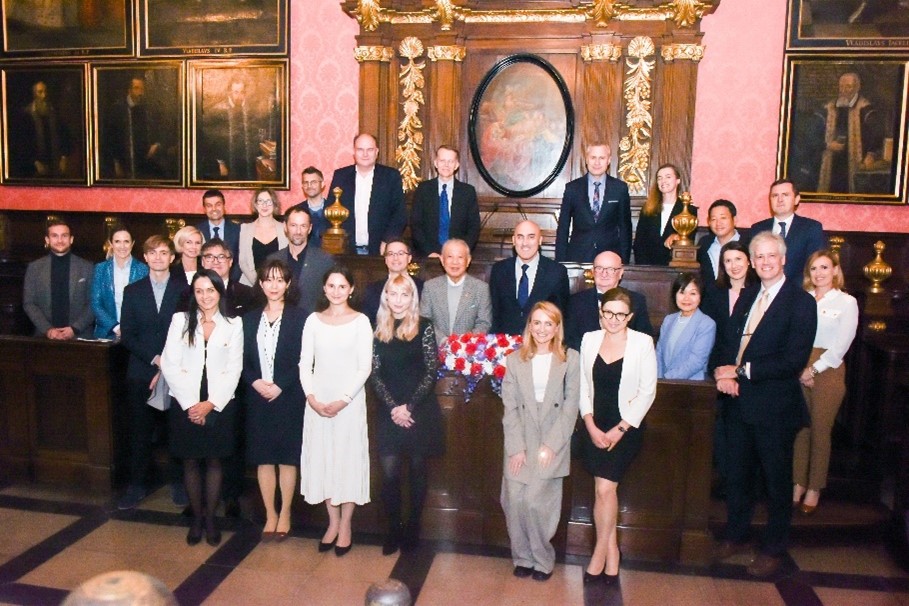
Sylff 30th Anniversary at Jagiellonian University (October 2023)
At the commemorative ceremony, opening remarks were delivered by Prof. Armen Edigarian, the University’s Vice-Rector for Education Affairs; Mr. Yohei Sasakawa, Chairman of The Nippon Foundation; and Prof. Paweł Laidler, Dean of the Faculty of International and Political Studies and the Chairperson of the Sylff Steering Committee.
“Today, we are not just celebrating the anniversary but also appraising the knowledge that has been generated and the changes made to the societies by Sylff fellows,” said Vice-Rector Edigarian.
Mr. Yohei Sasakawa said, “It is our pride and joy that we have been able to build our wonderful friendship with the Jagiellonian University. I sincerely hope that it will continue to play a pivotal role in further expanding the friendship between two nations.”
The participants expressed their heartfelt gratitude for the long-term commitment and support to nurture leaders as Sylff fellows, who can contribute to global society and the local community.
On the second day of the anniversary celebrations, a seminar titled “20 Months of the War in Ukraine” was held at the Faculty of International and Political Studies. Prof. Thomas Biersteker of the Geneva Graduate Institute delivered a keynote speech on the impact and implications of sanctions towards Russia. It was followed by another keynote speech by Mr. Jumpei Sasakawa, Executive Director of The Nippon Foundation, about the Foundation’s support for evacuees from Ukraine.
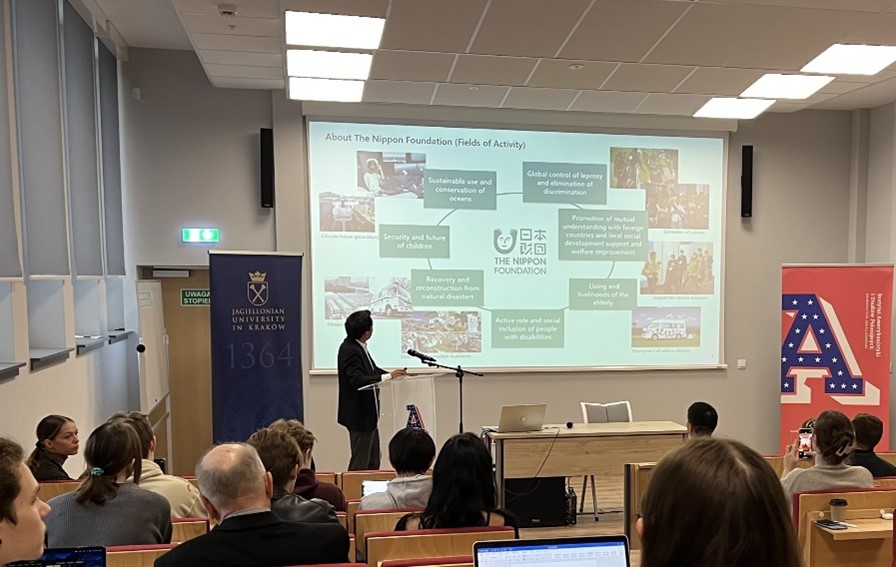
Sylff 30th Anniversary seminar at Jagiellonian University (October 2023)
Delegation members from both The Nippon Foundation and the Tokyo Foundation for Policy Research enjoyed socializing with many Sylff fellows during the breaks. The seminar also featured two speakers from another Sylff institution, Charles University in Praha, Česko, which the Jagiellonian University has good networks with.
The Sylff Association secretariat is confident that our relationship with the University will continue to grow for years to come.

